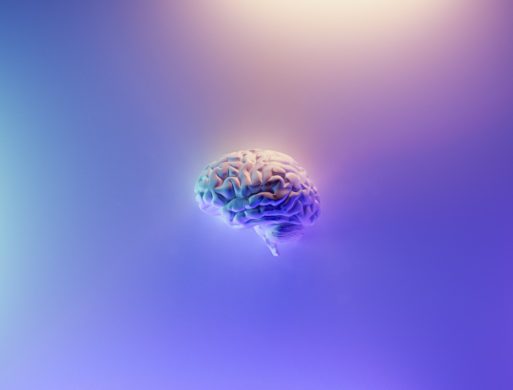
Neurofeedback may be the key to treating chemo brain.
Credit: Milad Fakurian via Unsplash
“Chemo brain,” an unfortunate side effect of cancer treatment, is the state or condition of brain fog, forgetfulness, nausea, stress and other neurocognitive deficits. Affecting one in three cancer patients, chemo brain’s debilitating effects can include symptoms such as sleep disturbances and emotional difficulty. Chemo brain can last up to 12 months after treatment.
But thanks to a new pilot study at UCLA, neurofeedback, or electroencephalogram (EEG) biofeedback, could potentially lessen the effects of this condition.
In the study, nine breast cancer survivors, who had demonstrated neurophysiological, cognitive, and behavioral deficits related to chemotherapy received 18 30-minute neurofeedback sessions that occurred over an approximate six-week period. During each session, participants wore sensors on their scalp and earlobe that monitored their brain waves. Shown these frequencies as a bar graph on a monitor, the participants were encouraged to increase or decrease the amplitude to turn each bar green. Upon doing so, the patients received audio and visual feedback.
Once the treatment had concluded, the EEGs demonstrated that brain waves had normalized in seven of the nine participants and slightly improved significantly in the other two. In terms of neurocognition, participants had substantial improvements in information processing, executive set shifting, and sustained functioning. Overall everyday functioning improved as well.
Stephen Sideroff, a professor of at UCLA’s Department of Psychiatry and Behavioral Sciences and leader of the study, notes “The history of neurofeedback shows that it’s helpful for a whole range of disorders and symptoms. The study was an opportunity for seeing whether neurofeedback is something that could be helpful with chemo brain.”
Published in the peer-reviewed Journal of Complementary and Integrative Medicine, the strong results of this study conclude that more research is needed to learn more and hopefully create better lives for chemo patients.

 Potential Relief for Chemo Brain
Potential Relief for Chemo Brain


 “Songbird” by Fleetwood Mac
“Songbird” by Fleetwood Mac

 How to Comfort A Dying Loved One
How to Comfort A Dying Loved One














